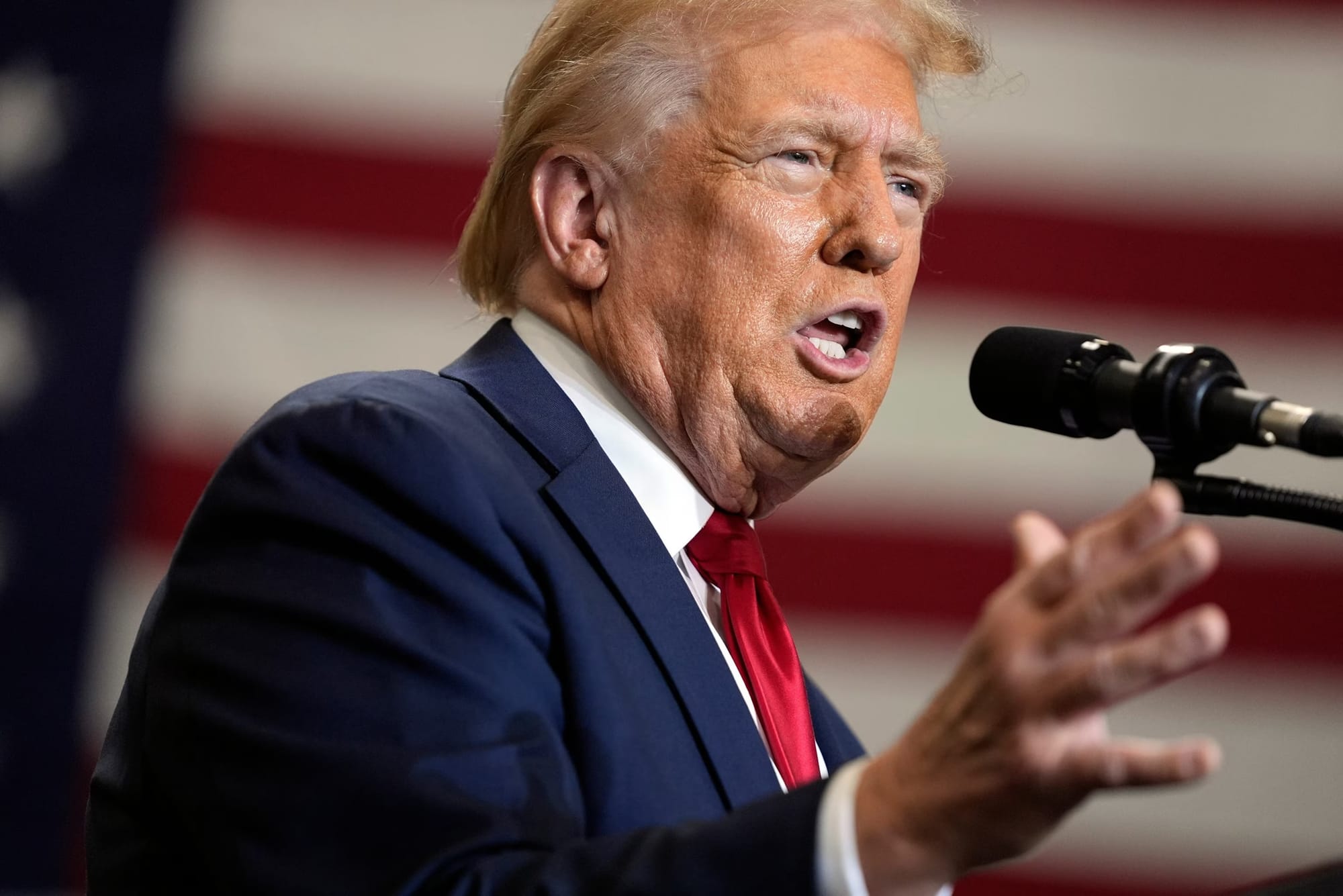Trump's $20 Billion Data Center Investment Signals Potential Boost for US Bitcoin Mining

In a recent announcement, President-elect Donald Trump has unveiled plans for a significant $20 billion investment in data centers across the United States, spearheaded by DAMAC Properties and its billionaire owner, Hussain Sajwani. The initiative, centered in states like Texas, Arizona, Oklahoma, Louisiana, Ohio, Illinois, Michigan, and Indiana, is primarily aimed at bolstering AI and cloud-based technologies. However, given Trump's vocal support for Bitcoin mining, there's speculation about whether these new facilities could also support the growing world of crypto mining.
Trump's announcement was made with a clear intention to expedite the development of America's technological infrastructure. He outlined a policy to fast-track approvals for companies investing $1 billion or more in the U.S., criticizing the current regulatory "quagmire" that he believes stifles growth. This move is part of a broader strategy to attract international investment and stimulate economic activity post-election.
Potential Implications for Bitcoin Mining
While the primary focus of the investment is on AI and cloud computing, the nature of data centers inherently lends itself to multiple uses. Bitcoin mining, notorious for its high energy consumption and need for robust computing infrastructure, could find a new home in these facilities. Trump has previously expressed a desire to make the U.S. the "Bitcoin mining capital of the world," suggesting a policy environment that might be more welcoming to crypto miners than in recent years. This could be part of the first step toward making Bitcoin mining more prevalent in the United States.
The geographical focus of this investment in states known for their energy policies or availability of energy resources could be particularly beneficial for Bitcoin mining. These areas often have access to cheaper electricity or are developing more sustainable energy solutions, both of which are critical for the economic viability of mining operations.
Moreover, the promise of streamlined regulatory processes could alleviate some of the hurdles faced by miners in terms of environmental regulations and energy usage permissions. This could potentially lead to an increase in domestic Bitcoin mining capacity, enhancing the U.S.'s position in the global mining landscape which has been somewhat decentralized due to regulatory pressures in various countries.

